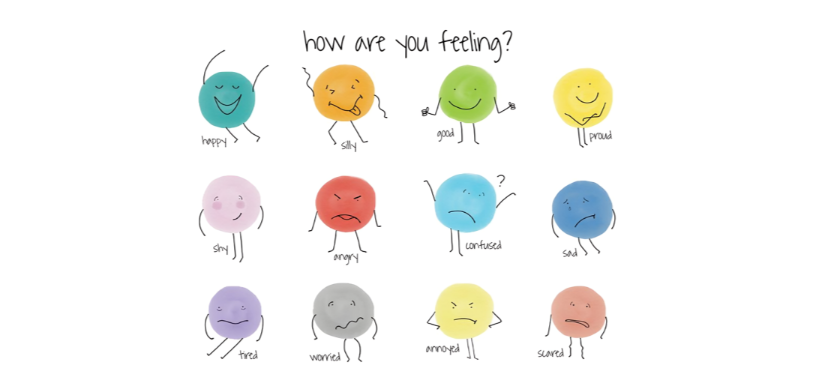As I speak with people this week, I feel a difference from the previous weeks. I have frequently thought “that person sounds depressed” about people who have not previously experienced depression. Friends, family members, clients, the UPS driver, the person putting groceries in my car have a similar depressed look and sound, as though they are saying, “this is just so hard.” Some people say it directly. Others get irritated or intolerant towards others, and some utter words of hopelessness or powerlessness.
This is getting harder. People we have known and loved are gone. The danger feels ubiquitous. It is harder and harder to not feel overwhelmed by the changes and uncertainty.
Emotions are surfacing during this difficult time. Many of these emotions have been smoldering inside of us for years, but our lives were designed to keep us busy, distant or numbed enough to distract us from them. Our distracting armor is gone and now we are faced with feeling our feelings.
Our society is intolerant of feelings. From the time we are little, we are taught to stuff our feelings down. Rarely does a parent say to their child, “please cry as long as you need to. I will sit with you while you do.” Instead we are generally encouraged to wipe our tears, snap out of it, or man-up in the belief that we’ll “get over it.” We do get over it, but with residual feelings that come out at times like these. When these feelings come out, they deplete our energy and our ability to think clearly. Normal tasks take more work and life seems more difficult.
At times like these we are hard-wired to seek human connection. It soothes us and energizes us. However, now, we are separate.
Looking back to other national emergencies, the common denominator was that we banded together, and this togetherness helped us garner our collective strength and prevail. This pandemic has taken that uniting, empowering physical ability from us.
This week, I heard of a 6-year-old who referred to this time as “the great hug catastrophe.” Our bodies long for hugs. I recently had an in-person, social-distanced visit with my daughter. She was holding her 2-year-old, my granddaughter, who tolerated about 30 seconds of us chatting before she began to reach for me. She cried so hard while her mother held her tightly and lovingly validated how hard it was not to be able to hug Nana. I cried too, inside. That hug would have soothed and nurtured both of us.
This is hard. But the hard stuff is how we grow. And we are growing. Growth happens in small, often unconscious steps. It begins with an uncomfortable feeling, followed by an empowering internal conversation. These conversations sound something like “keep going” or “no choice, just do it” or “I don’t want to, but I have to.” Each time we push ourselves like this, we develop grit. Grit is the ability to persevere toward our goals when we encounter obstacles. We will keep pushing toward our goals. We have tremendous strength along with our tremendous emotion.
Let’s be good to ourselves. Let’s acknowledge and have compassion for our feelings while we wait for our hugs!
Be safe, save lives!!


